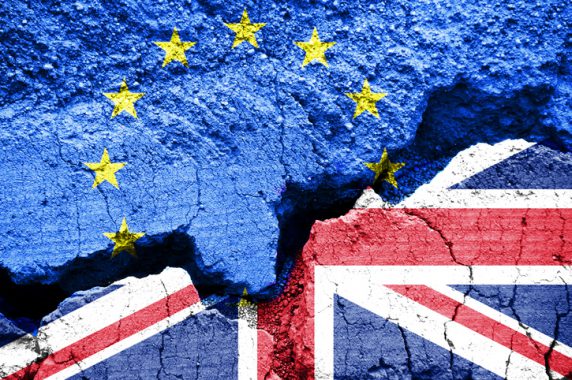Exclusive Over 40% of GPs have said Brexit has increased anxiety-related conditions among their patients, according to a recent survey.
The survey, conducted by Pulse, found that out of the 810 GPs who responded, 42% said anxiety-related conditions had increased.
A further 19% said they ‘didn’t know’ and 39% said patients had not been affected in this way.
GPs said the increased anxiety among patients was mainly due to potential drug shortages.
It follows recent warnings that the NHS will be unable to guarantee medicines supply in the event of a no-deal Brexit.
Speaking before the Health and Social Care Committee earlier this month, NHS chief executive Simon Stevens underlined the importance of having plans to transport medicine in the event of a no-deal Brexit in place.
He said it was ‘critical’ that the transport plans were reactivated as the NHS is ‘completely dependent’ on additional cross-ferry links.
Lincoln-based GP Dr Philip Williams, who took part in the Pulse survey, said anxiety-related conditions had risen in his practice ‘particularly due to medicine shortages’.
He added: ‘The Government says [it is] unrelated to Brexit, but drug shortages [have been] much more common over the past six months.
‘[It has] also reduced the availability of numerous medications, especially HRT, thus adding to our workloads as daily requests for equivalents to be prescribed.’
Dr Nick Bird, a GP from West Yorkshire who responded to the survey, said he had also seen ‘more distress from lots of patients whose medication is suddenly unavailable’.
He added this was ‘much more than I have ever known in nine years in general practice’.
Another respondent, who asked to remain anonymous, said anxiety-related conditions had increased ‘hugely’.
They said: ‘It is brought up, mentioned, highlighted by patients in several consults each day – whether that is fear of getting their medications, or changes to their usual medications due to supply problems, or a gripe about longer waiting lists, which patients attribute to too many users of the service.’
One respondent who said they didn’t know whether Brexit had increased anxiety-related conditions added that it had ‘increased requests for supplies of medication though’.
Supply arrangements for a no-deal scenario were put on hold across the Government and public sector on 26 April, according to Mr Stevens.
Last year GPs were warmed not to stockpile medicines or write longer prescriptions due to Brexit.
Earlier this year GPs warned they were dealing with increasing numbers of requests for drug switches due to a shortage of medications.
This followed a record number of 96 medicines being included on the national price concessions list, which details the drugs the Government has agreed to pay more for because of short supply.
Pulse October survey
Take our July 2025 survey to potentially win £1.000 worth of tokens














